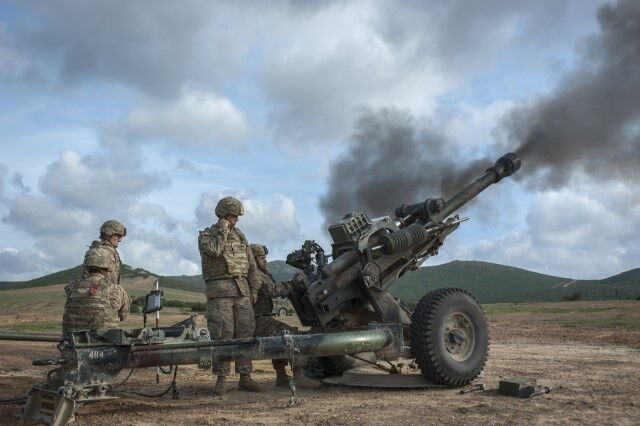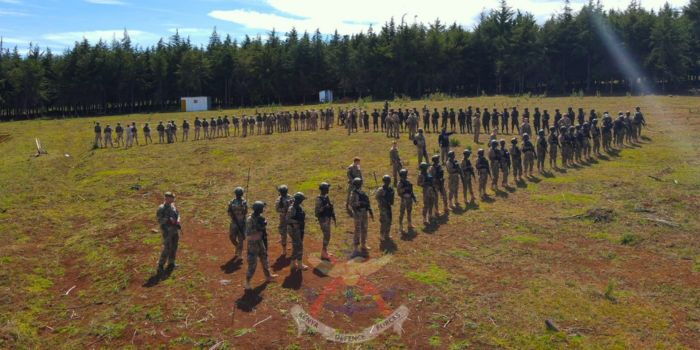The British Army says it will take tougher action in Kenya after a new investigation exposed misconduct by some of its soldiers.
In a strong statement, General Sir Roly Walker, the UK’s Chief of the General Staff, condemned the actions of certain soldiers based in Nanyuki.
The report revealed that some soldiers continued to engage in sexual activities with local women in exchange for money or gifts, even though this was officially banned in 2022.
“There is absolutely no place for sexual exploitation and abuse in the British Army,” General Walker said. “It goes against everything a British soldier should stand for.”
The investigation, called a Service Inquiry, was launched in October 2024. It looked at the conduct of soldiers at the British Army Training Unit Kenya (Batuk) between July 2022 and the present.
The inquiry found that such sexual relationships still happened at a “low to moderate” level. But the report stressed that even one case is one too many.
General Walker said the army must hold itself to higher standards. “Transactional sex is still happening in Kenya at a low to moderate level. It should not be happening at all,” he added.
To fix the problem, the British Army will fully implement all the report’s recommendations. This includes giving commanders stronger powers to punish offenders, up to and including dismissal from the army.
Another measure will be special training for all soldiers in Kenya to help them understand and prevent sexual exploitation and abuse.
Walker also noted that some actions have already been taken, which he believes will help protect Kenyan women and reduce the problem in the long term.
The investigation came after a 2024 exposé that revealed British soldiers at Batuk were paying local women for sexual services.
The base in Nanyuki has faced controversy for many years. One of the most shocking cases was the 2012 death of Agnes Wanjiru, a Kenyan woman who was allegedly killed by a British soldier. That case remains unresolved.
Other allegations over the years include injuries to local civilians during training exercises and soldiers fathering children in Kenya and abandoning them.
The Kenyan Parliament has also questioned the base’s activities, asking whether it causes more harm than good for the local community.
Despite this, the inquiry found that most Nanyuki residents still support the presence of the British Army training camp. Many say it boosts the local economy and provides jobs.
General Walker made it clear that the army will not ignore the issue. “We will continue to listen, step up, and take action when needed,” he said.
He added that the British Army will also work with other branches of the UK military to share lessons and make sure similar problems do not happen elsewhere.
This latest move by the British Army is being seen as a major test of whether it can balance its military goals in Kenya with respect for local laws and human rights.
While many welcome the promises of reform, critics say the real challenge will be turning these promises into lasting change.
Only time will tell if the new rules and training will truly end exploitation, or if history will repeat itself at the Nanyuki base.






